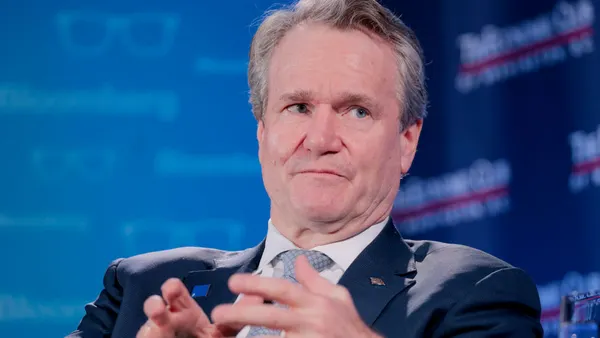U.S. salary budget increases are expected to stay put at 3.5% in 2026, down just 0.1% from 2025, signaling a cooling talent market, as well as increased budgetary pressure on employers, according to data published Thursday by compensation vendor Payscale.
Equal shares of employers said they would either raise or lower their budgets compared to this year, Payscale said. Among those who expected an increase, many cited the rising cost of labor. Approximately two-thirds of those who expected a decrease in their budgets cited concern about economic conditions or business performance.
The findings come from a survey of 1,551 submissions from the company’s clients and contacts. On the whole, pay increases have tapered compared to a year ago thanks to a leveling off of both wage growth and inflation, Ruth Thomas, chief compensation strategist at Payscale, said in a press release.
“HR leaders should be prepared for heightened scrutiny around compensation, particularly as one in three employees (32%) feel their pay does not reflect their performance,” Thomas added, citing Payscale’s report on pay confidence published earlier this year.
Payscale’s data also largely track with a July report by WTW, which similarly found that salary budgets would remain flat at 3.5% year over year.
On an industry-by-industry basis, Payscale found that employers in the technology and arts, entertainment and recreation sectors constituted the largest decline in expected average base pay for 2026, per the report. Meanwhile, employers in telecommunications, retail and customer services expected the highest increases.
The news comes amid a time of sustained financial distress in the U.S. Research published this week by insurer The Hartford found that just over half of workers reported living paycheck to paycheck, while 53% said their savings had decreased in the past year. And those trends are directly affecting work, with 56% stating that their financial health negatively impacts their productivity.
Employers can take steps to assist with employers’ financial well-being both in the short- and long-term. That may include helping workers open emergency savings accounts and offering guidance on saving for retirement, among other items. But for the foreseeable future, the talent market leans in favor of employers, with layoffs up considerably since 2024.
















